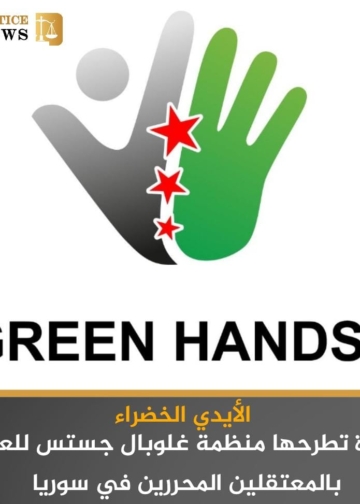As the humanitarian crisis in Gaza reaches new extremes, Israel has missed the 30-day deadline set by the Biden administration to increase aid to the blockaded region, raising questions about the U.S. response. Secretary of State Antony Blinken’s directive to Israel in October emphasized the need to “surge” food, water, medical supplies, and shelter materials into Gaza, particularly for vulnerable communities in northern areas. Aid groups and U.N. agencies, however, report that deliveries remain critically low, with the conditions in Gaza described as “apocalyptic” by multiple humanitarian organizations.
This crisis comes as the Israeli military escalates operations in northern Gaza, targeting areas where it claims Hamas fighters have regrouped. Reports from the ground describe severe malnutrition among civilians, lack of shelter, and a rapid decline in basic health and sanitation conditions. In October, aid agencies sounded the alarm on a possible famine in northern Gaza, where prolonged siege tactics have left civilians unable to access even basic food supplies. For weeks, people in Gaza’s hardest-hit areas have been forced to rely on soup kitchens or have had to go days between meals, a grim reality for a population of over two million.
While Israel’s military claims to have opened new aid corridors and announced deliveries, aid organizations on the ground say this response falls far short of what is needed. According to reports, Israel has allowed fewer than 150 trucks of aid into Gaza daily in recent weeks—well below the U.S. goal of 350 daily truckloads. These limited supplies are insufficient to meet the needs of an area where the U.N. reports an imminent risk of famine, and distribution has been further hampered by Israel’s restrictions on movement within Gaza. Louise Wateridge, a senior official at UNRWA, noted that due to Israel’s military restrictions, aid trucks are frequently prevented from reaching distribution points.
The Biden administration’s deadline for increased aid has passed with little indication that humanitarian access to Gaza has improved. International aid organizations, including Save the Children and Oxfam, have criticized Israel for not meeting the U.S. benchmarks and for policies that have worsened conditions on the ground. In a collective statement, eight international organizations accused Israel of failing to meet even the minimal requirements for humanitarian access, adding that “the situation is in an even more dire state today than a month ago.”
With the expiration of the U.S. deadline, questions remain about how the Biden administration will respond. Under U.S. law, failure to provide adequate humanitarian aid could affect ongoing military assistance. Still, former U.S. officials suggest that it is unlikely the U.S. will enforce these measures strictly. Charles Blaha, a former State Department official, commented, “It’s undeniable that Israel has done that(block aid).” Blaha went on saying, “They would really have to torture themselves to find that Israel hasn’t restricted … assistance.”
Adding to the uncertainty, the recent re-election of Donald Trump and his pledges to take a hard-line approach to the Middle East have left some observers skeptical of future accountability. Trump, who was a staunch supporter of Israel during his previous term, has promised to end the wars in the region without specifying a clear plan for Gaza’s humanitarian needs.



















